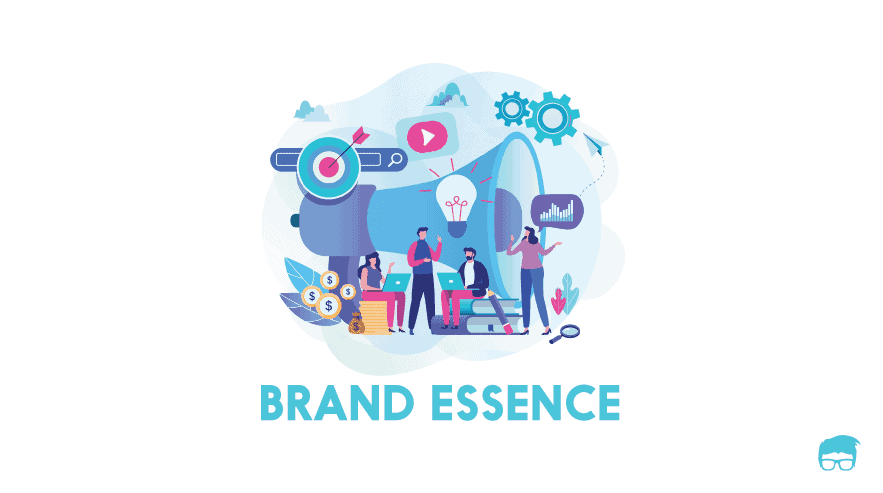Personification is an innate tendency of human psychology. It refers to the attribution of human traits, emotions, or intentions to non-human entities, including brands.
And when humans attribute human-like traits and characteristics to a brand, it gives rise to its personality.
What Is Brand Personality?
Brand personality refers to the association of human characteristics and traits with the brand to which the customers can relate.
In simple terms, it refers to brand personification. It is the set of human trait and characteristics assigned to the brand.
A brand personality comes into existence when human-like adjectives – like unique, caring, funny, trustworthy, creative, straightforward, dishonest, rebel, etc. – are assigned to a brand.
The concept of brand personality is best understood when we imagine the brand to be a person. How would that person speak? How would s/he behave in certain situations? How does s/he dress up?
To simplify the concept even more, imagine how would it be if Apple were a human.
Wouldn’t it have an impeccable knowledge of the language with perfect grasp of grammar. Wouldn’t it be someone with great imagination? Wouldn’t it maintain discipline even in demanding situations? And wouldn’t it choose premium quality clothes over the cheap ones?
That’s the brand personality of Apple.
Importance Of Brand Personality
Branding is a lot more than just name, logo, and tagline. It involves assigning characteristics and properties within and outside the offering to give that generic offering an identity which is different from those in the market.
Now, besides the fact that brand personality is imperative to differentiate the product in the market, here are other important factors why brand personality matters:
- Develops Brand Image: Brand identity and brand personality are two interconnected tools which helps in developing a desired brand image in the market. While brand personality strategizes how a brand would behave in the market, brand identity visualizes this strategy, which in turn, results in developing a brand image.
- Positions The Offering: Customers use same products provided by different brands differently. That is to say, brand personality teaches customers how they should be using the brand’s products.
- Develops Emotional Connection: Brand personality helps develop emotional connection with the like-minded people who look for more than just tangible offerings from the brand. This emotional connection further helps the brand to develop more meaningful brand interactions and start with customer powered marketing strategies like word of mouth marketing, loyalty marketing, etc.
- Eases Communication: Having a personality makes it easy for the brand to communicate effectively with the customers mostly because the customers can relate to the traits that they possess with the personality traits that the brand has.
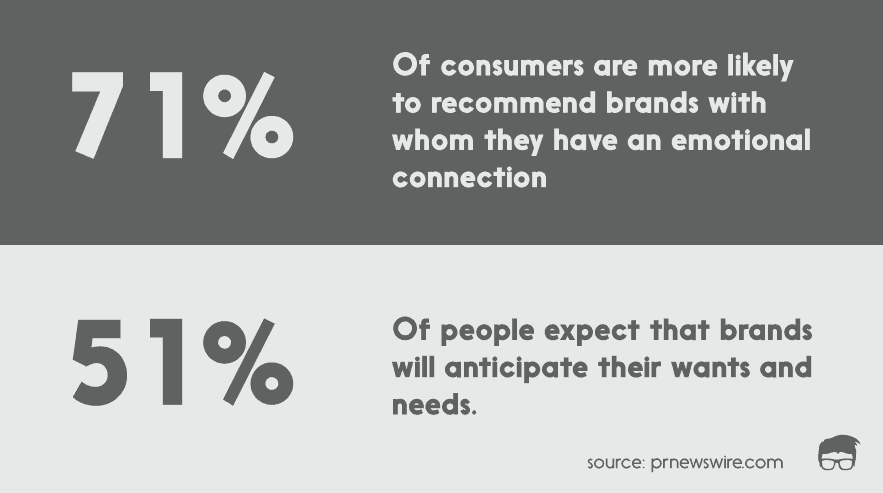
How To Build A Brand Personality
The brand personality is how the brands show up and acts in front of the customers. It comprises of tone, voice, associations, and all elements that make an individual unique and establish identity.
The process of developing a brand personality requires the brand managers to get an intimate understanding of the customers and draft a personality that evokes the ‘like, know, and trust’ factor. That is, developing a personality that –
- Immediately attracts the target audience by evoking a feeling of comfort, familiarity, awe, or respect.
- Making the future target audience (people just outside the target audience periphery) like the brand and appreciate and value the offerings.
- Repelling the customers that the brand doesn’t want to attract.
Usually, this kind of brand personality can be built using innumerable ways. But Jennifer Aaker’s brand personality model is often preferred by most brands.
Jennifer Aaker Brand Personality Model
Jennifer Aaker, a behavioral psychologist and Stanford professor, defined a framework in 1997 which divided the personality into five dimensions, each containing a set of facets.
These dimensions are:
- Sincerity: down-to-earth, honest, wholesome, cheerful
- Excitement: daring, spirited, imaginative, up-to-date
- Competence: reliable, intelligent, successful
- Sophistication: upper class, charming
- Ruggedness: outdoorsy, tough
These facets are further divided into a set of traits.
- Down-to-earth: down-to-earth, family-oriented, small-town
- Honest: honest, sincere, real
- Wholesome: wholesome, original
- Cheerful: cheerful, sentimental, friendly
- Daring: daring, trendy, exciting
- Spirited: spirited, cool, young
- Imaginative: imaginative, unique
- Up-to-date: up-to-date, independent, contemporary
- Reliable: reliable, hardworking, secure
- Intelligent: intelligent, technical, corporate
- Successful: successful, leader, confident
- Upper class: upper class, glamorous, good looking
- Charming: charming, feminine, smooth
- Outdoorsy: outdoorsy, masculine, western
- Tough: tough, rugged
A brand’s personality is developed or identified by ranking these traits on a scale of one to five, with one being the least representative of the brand and five being the most.
Some examples of personalities according to the Jennifer Aaker brand personality model are –
Sincerity – Propercorn
Propercorn is a family-oriented business with a simple motive – obsessing over popcorns and developing tasty popcorn flavours.
Excitement – BuzzFeed
Known as a brand which not only informs about the trends but also shapes many trends for its audience (youngsters), BuzzFeed is all – daring, spirited, imaginative, and up-to-date.

Competence – SpaceX
A private company disrupting the industry dominated by lagging government sector, SpaceX has engraved its name as a competent private American aerospace manufacturer and space transportation services company.
Sophistication – Dolce & Gabbana
Considered to be one of the world’s biggest and best luxury brands, Dolce & Gabbana makes sure to maintain its distinctive brand personality of being upper class and charming by using effective communication and marketing strategies along with premium pricing.
Ruggedness – Old Spice
There was a time when Old Spice didn’t have any personality. The company pivoted its branding strategy really well and adopted a unmistakable persona of being masculine, tough, yet humorous.
Examples of Brand Personality
Here are a few examples of brands with out-of-the-box brand personalities:
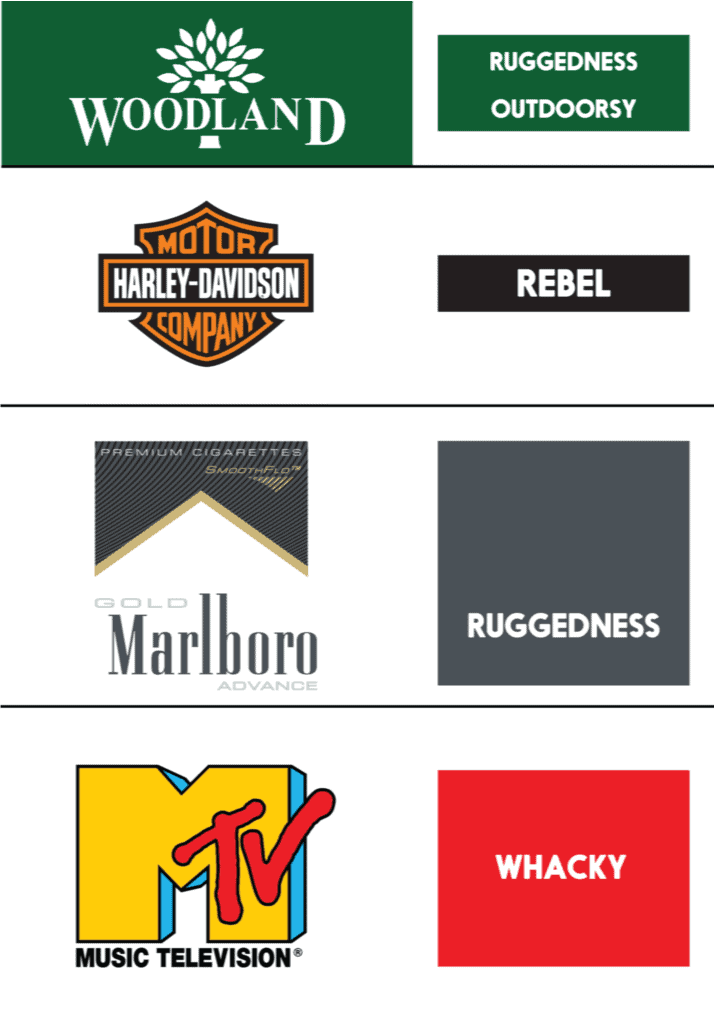
Brand Personality of Woodland
Woodland got the ruggedness, outdoorsy, and ready for adventure personality through its products (hard boots – meant for adventure) and smart marketing strategies. They also used the colour green, which represents nature, to build a personality of being outdoorsy.
Brand Personality of Harley Davidson
Harley Davidson has been a rebel from the start. The promotional campaigns (naming motorcycles as mean machines), the logo, and use of bright and dynamic colours have helped them build this personality.
Brand Personality of Marlboro
Marlboro got a personality of being tough through its different marketing strategies, which included ‘The Tattooed Man’, ‘Marlboro Cowboy’, and ‘The Marlboro man’.
Brand Personality of MTV
MTV tried to position itself to be different from the usual music videos channel. The concept of VJ’s followed by cool logos and taglines, like ‘I want my MTV’ & ‘MTV is here’, helped them stand out.
Go On, Tell Us What You Think!
Did we miss something? Come on! Tell us what you think of this article on brand personality in the comments section.
A startup consultant, digital marketer, traveller, and philomath. Aashish has worked with over 20 startups and successfully helped them ideate, raise money, and succeed. When not working, he can be found hiking, camping, and stargazing.
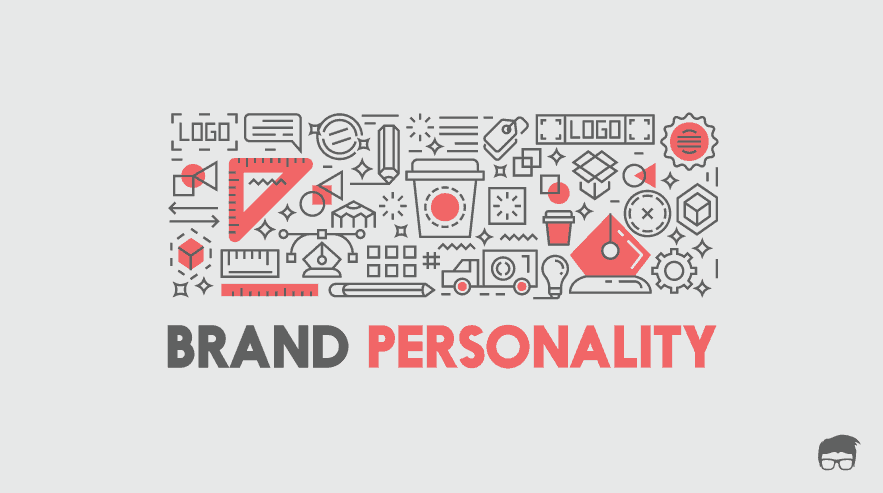
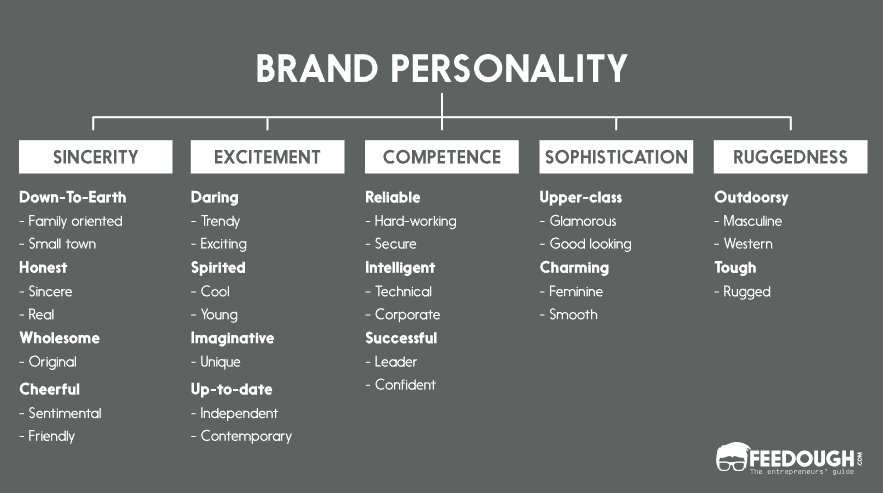

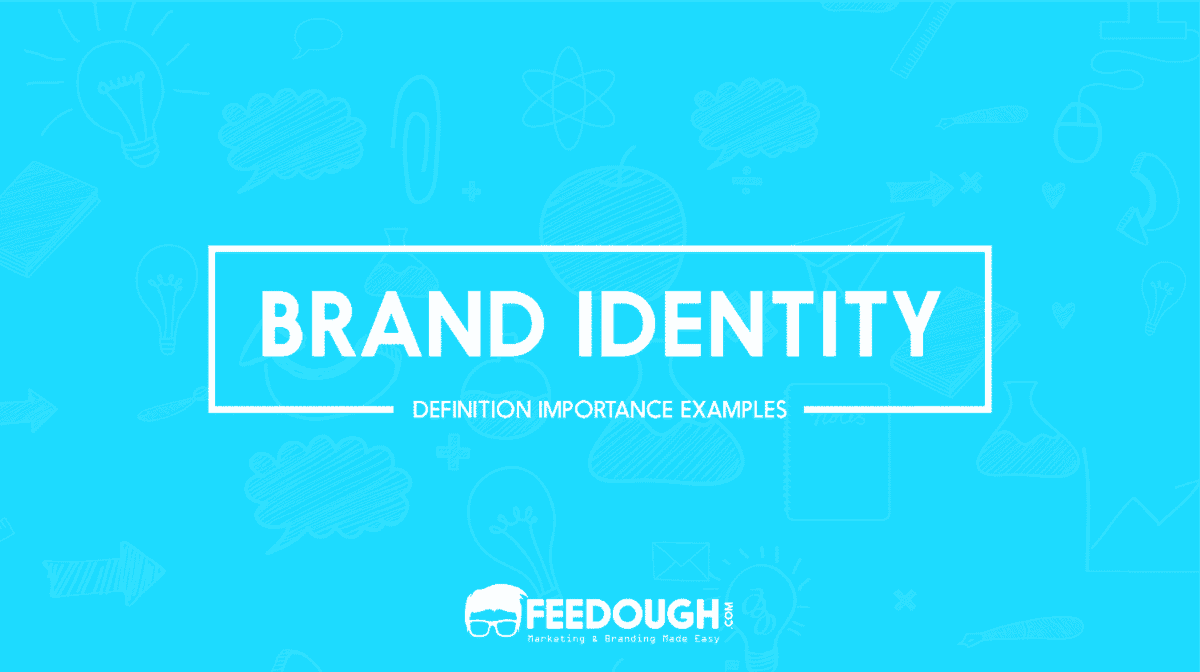

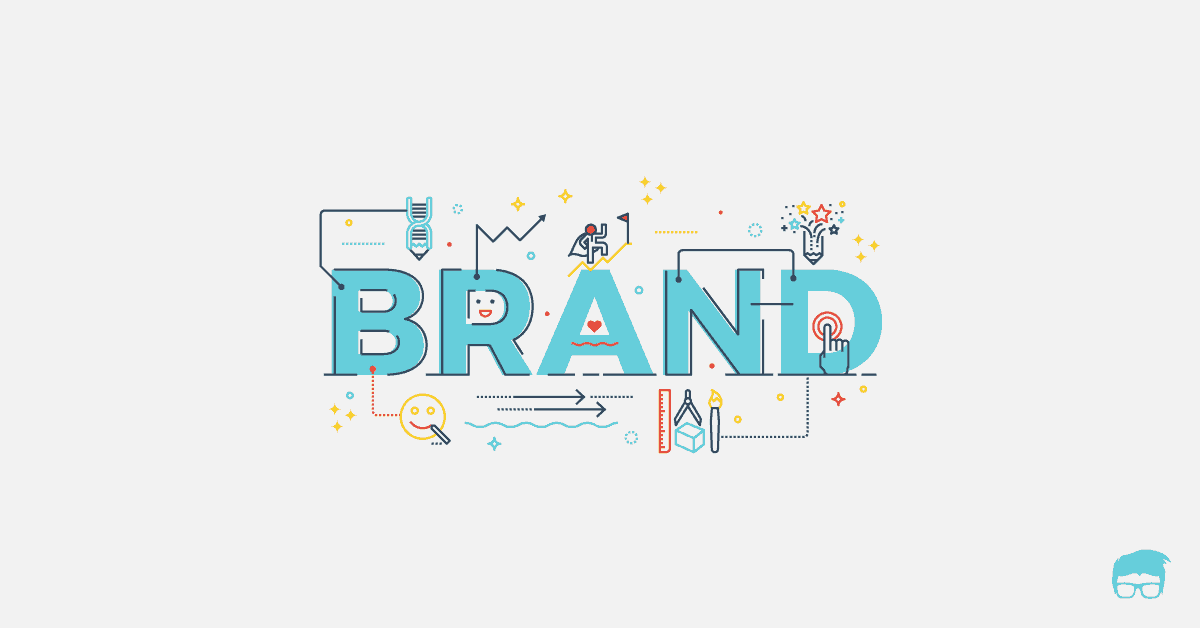
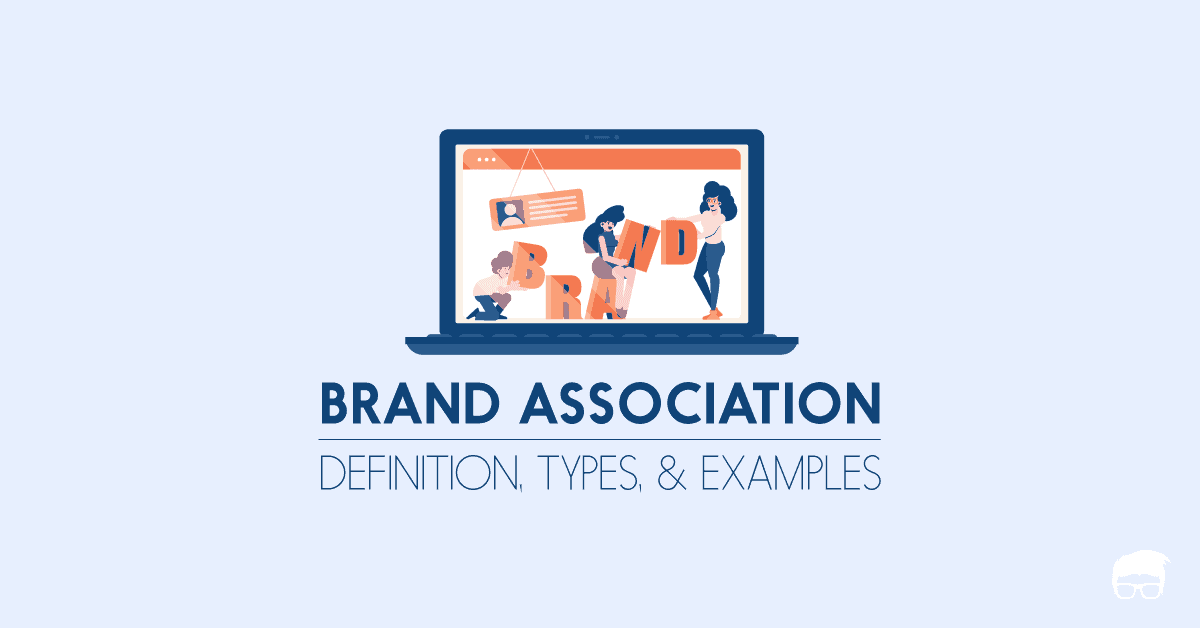
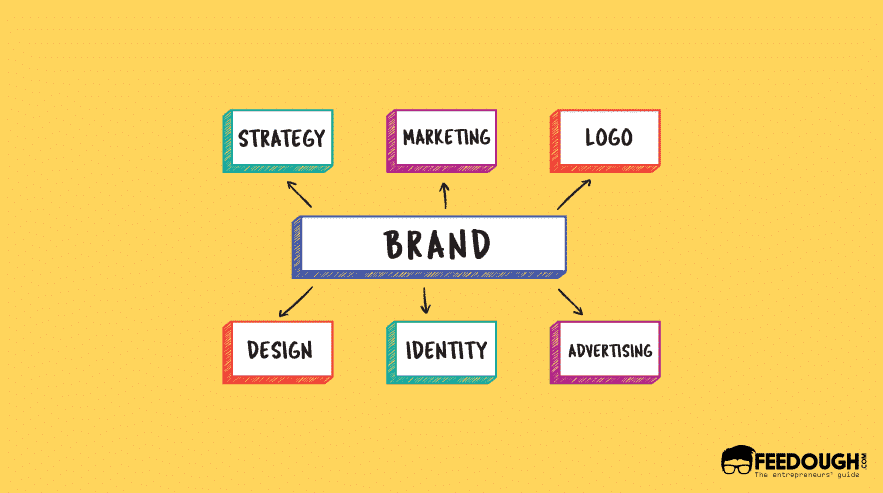
![Font Psychology For Logo Design [Complete Guide] font psychology](https://www.feedough.com/wp-content/uploads/2016/10/font-psychology-10.png)
